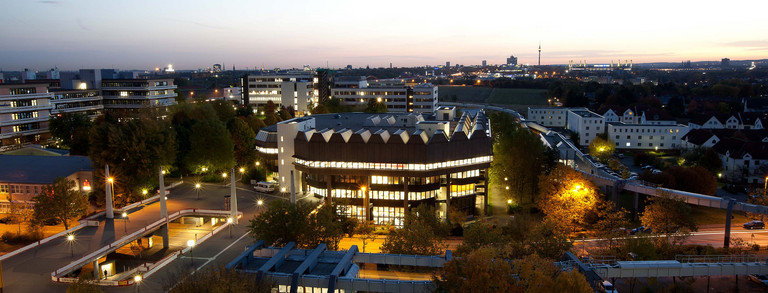Intercultural perspectives on experiences of space and place
Increasingly globalised and globally connected lifestyles pose a variety of challenges to urban life. Only with an intercultural understanding of how people perceive and experience space and place can some of these challenges be understood and overcome. A new cooperation between the Spatial Modelling Lab (RAM) and a team from the Faculty of Architecture, University of Hong Kong, lead by Dr Guibo Sun addresses this aspect.
In the joint project, which is co-funded by the DAAD (Germany) and the Research Grants Council (Hong Kong) under the Germany – Hong Kong Joint Research Scheme, we will use an intercultural perspective to contribute to the methodological and empirical understanding of people's experiences of everyday spaces and places. In doing so, we will look at different scales such as the residential space, the neighbourhood level, and public space. Our collaboration brings together a research team from Germany and Hong Kong with expertise in spatial planning, human geography, and geographic information science. Spatial planners and geographic information scientists are both increasingly interested in the study of experienced space. Planners aim to transform anonymous space into intimate, liveable places, while geoinformation scientists seek to formally grasp and represent space and place. These two approaches are intertwined: Planning practices feed into the methodological exploration of place in geographical information science, whose methodological expertise in turn supports the acquisition of empirical evidence for planning practices.
The project teams are based at the School of Spatial Planning at TU Dortmund University and the Department of Urban Planning and Design at the University of Hong Kong. Our RAM team consists of Jun.-Prof. Dr. René Westerholt (Co-I), as well as Liudmila Slivinskaya and Víctor Cobs Muñoz. The Hong Kong team consists of Dr Guibo Sun (Co-I) and Jianting Zhao (research assistant and PhD student). Our project includes case studies in Dortmund and Hong Kong. In addition, we will set up a joint seminar for doctoral students from Dortmund and Hong Kong to initiate continuous cooperation and academic exchange between the two institutions, even beyond the immediate project team.
Project duration: 2021–2022

